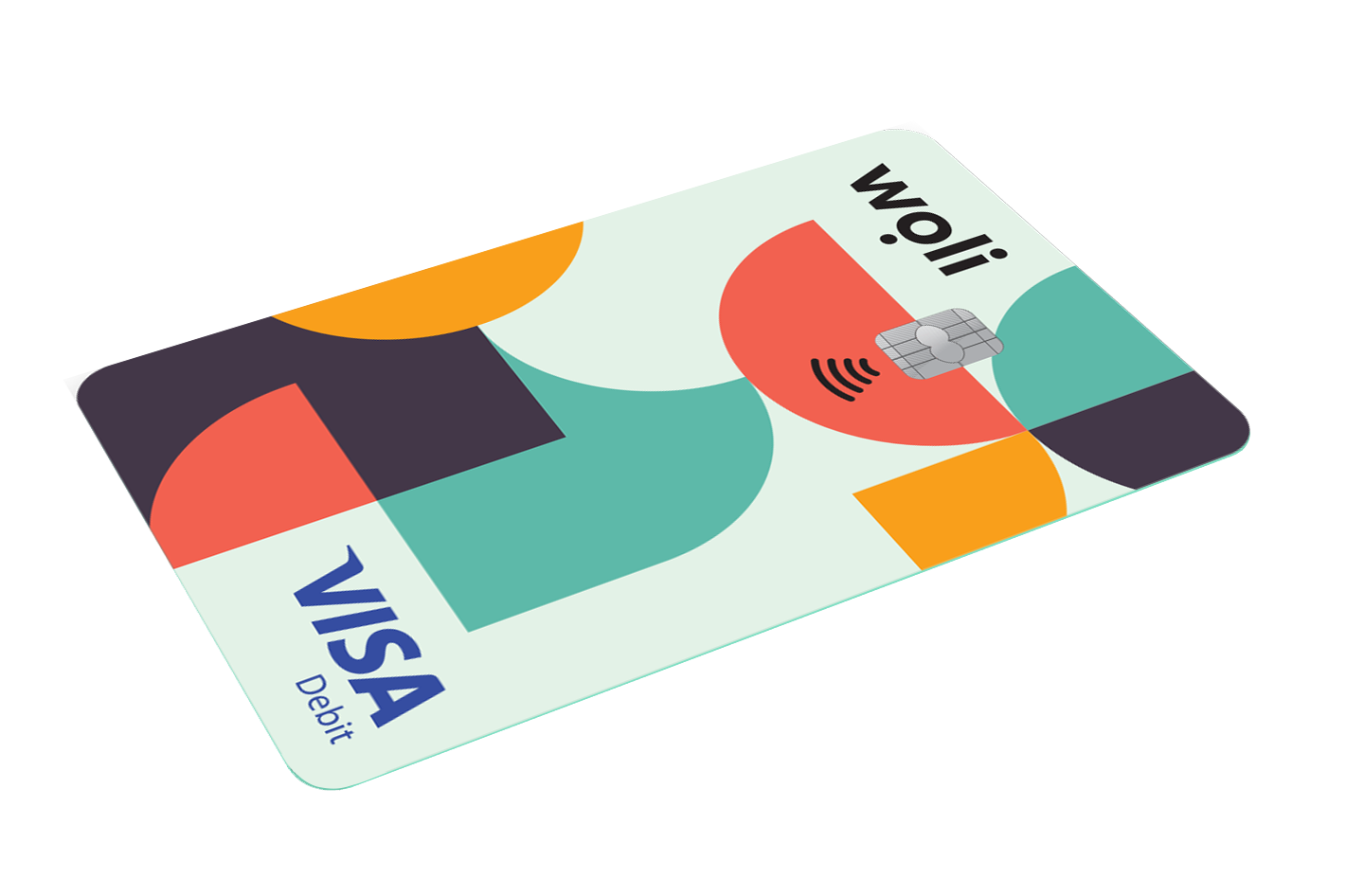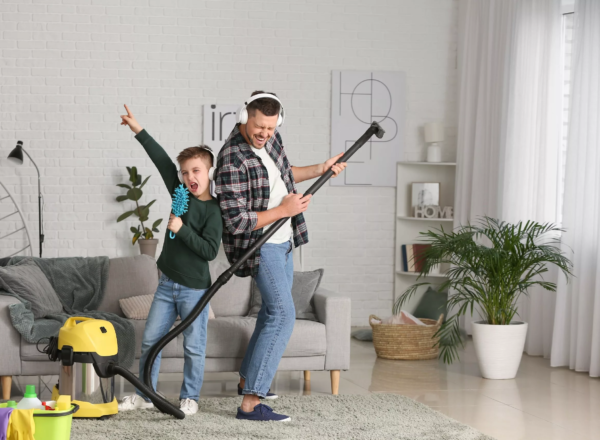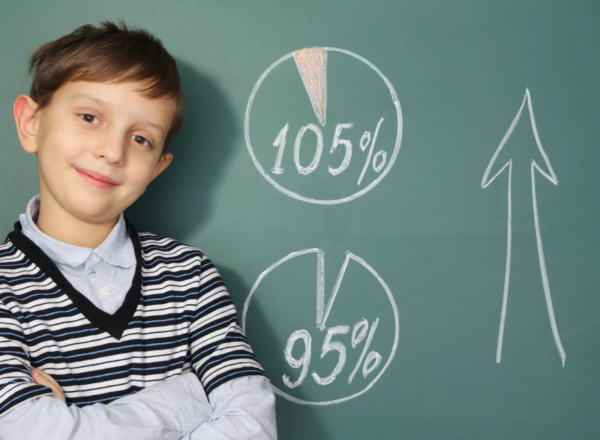As parents we take on many roles in relation to raising our children. An important such role is the education of children in making healthy and functional decisions. This process is easier when children are at younger ages and parents are still the main sources of behavioral patterns.
However, as children grow older, the influence of parents tends to decrease, while the opinions and influence of peers begin to gain more and more weight. The need to “belong” to a peer group and a sense of acceptance is very important for children and adolescents as they largely determine their self-image. This social pressure can affect a wide range of thoughts, actions and behaviors, from their academic performance to their consumption habits and mental health.
Peer pressure is defined as the internal or external pressure that a child or a teenager may feel that “forces” him to behave with specific behaviors that may have either a positive or a negative impact. It usually starts around the age of 10 and peaks in adolescence, a period particularly vulnerable due to hormone change, brain development and emerging identities. In this phase of life friendly groups are of paramount importance as the need for the teenager to belong to at least one of them is an important factor that influences his decision-making.
There are various kinds of peer influences. In general, they can be separated into verbal and non-verbal, direct or indirect, positive or negative. It is important as parents to be able to understand when peer influence works positively or negatively and to act accordingly by encouraging relationships or by exploring and discussing.
Given the effects that peer pressure can have on children and adolescents, it is important to help them avoid negative pressure and respond in a healthy way. Some such ways are:
- Look for opportunities to ask your child about the pressure they have seen or experienced themselves and how this made them feel. Let them know that you are there to listen to and help them if they need it.
- Share your own experiences of peer pressure, as well as the ways in which you have handled them.
- Teach your child how to set boundaries and be assertive in their communication.
- Meet your child’s friends and their parents. If possible, encourage them to invite friends home.
- The child is encouraged to seek positive relationships and choose friends who respect him and do not put pressure on him.
- Help him be independent and teach him to listen to his instincts.
- Let your kids know that they can’t please everyone, and that this is okay.
If you have particular concerns about the consequences of the pressure on your child by their peers, please contact teachers and/or school administration or a mental health professional for additional support.









